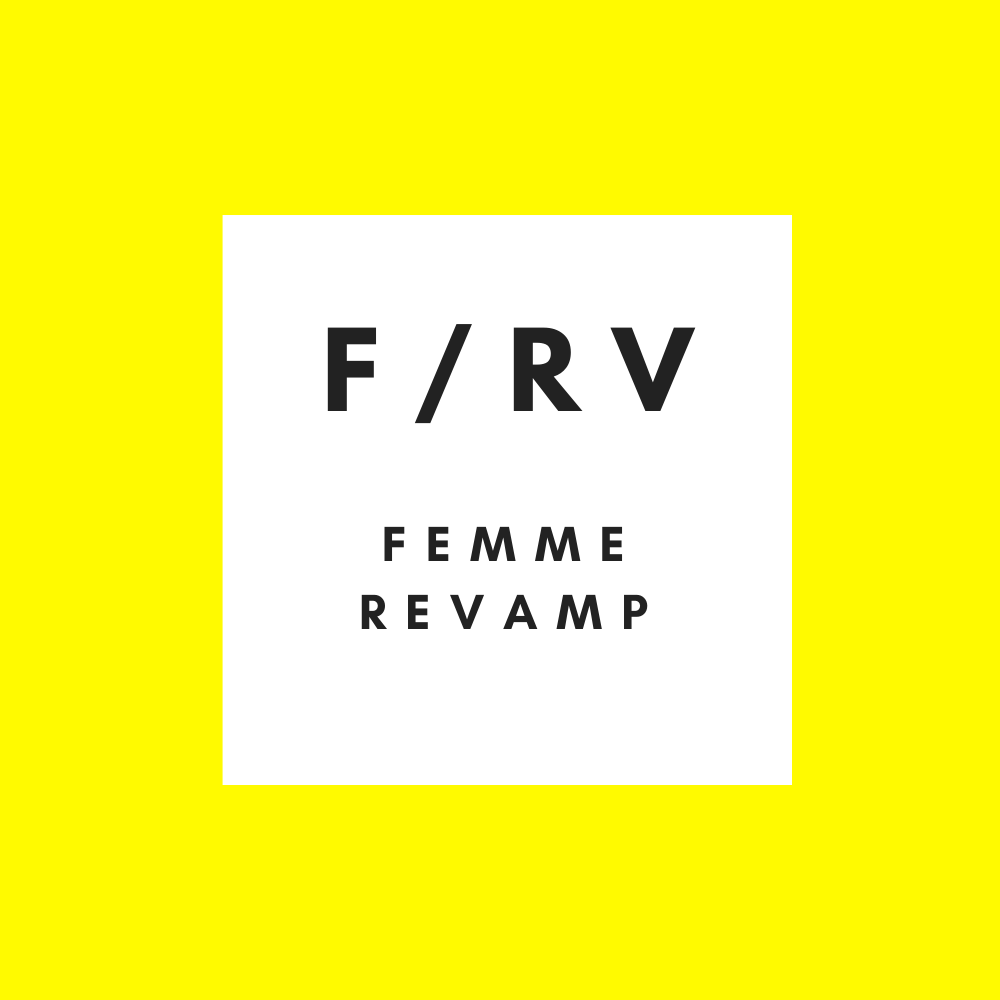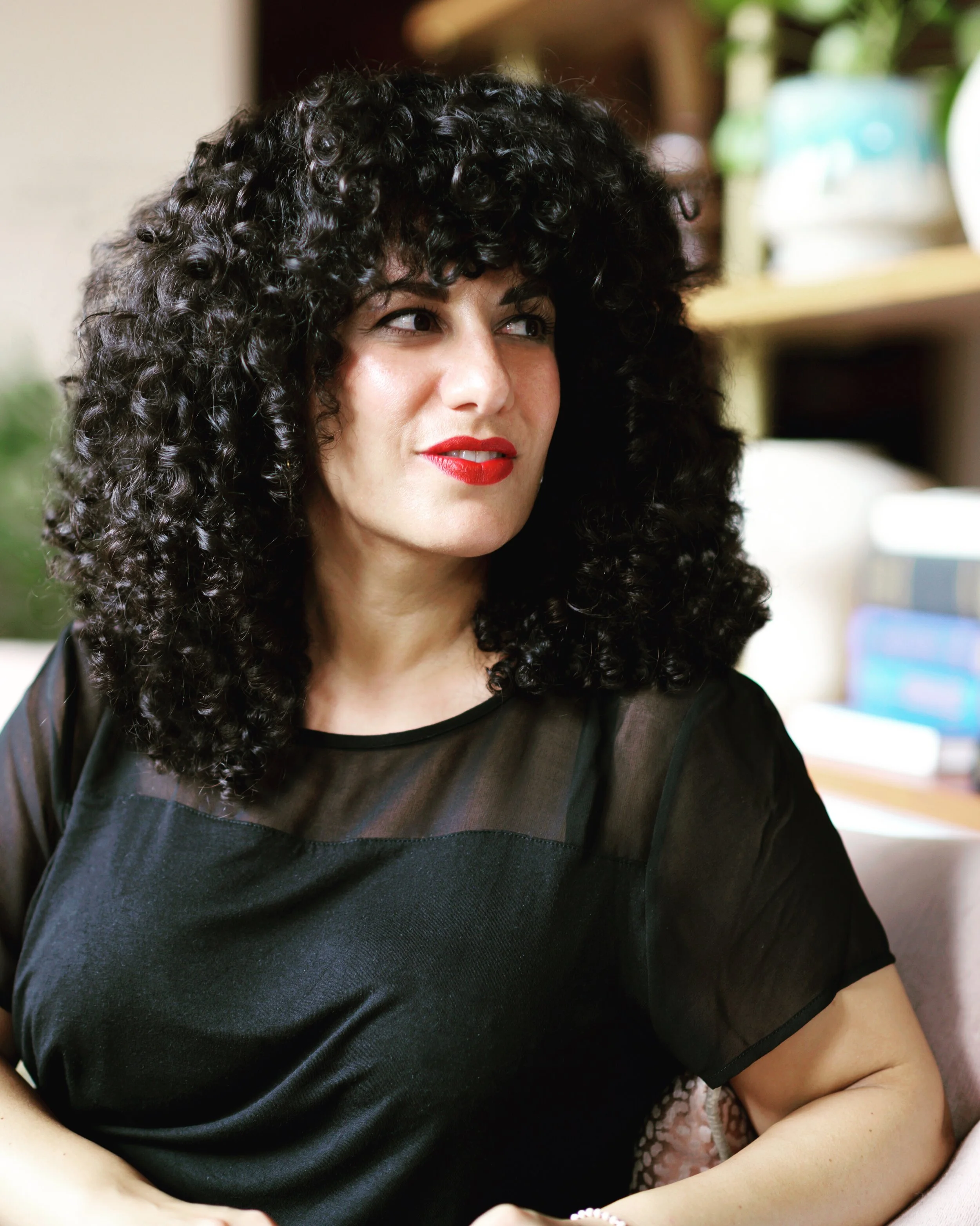Roya Partovi
As the Chief Creative Officer at Merge, Roya inspires, mentors, manages, and leads 90+ creatives across four offices as well as oversees all facets of the agency's creative mission. During her time at agencies such as Fallon LA, Saatchi & Saatchi LA, Havas NYC and Publicis NYC, Roya honed her skills working on a broad range of global brands, including BMW, Citibank, Amazon, Toyota, P&G, Cadillac, Nestlé, Charles Schwab and LG. After a decade in the advertising industry, Roya joined a Google Ventures-backed brand launchpad, Mohawk Group. In this role, she helped build and grow an exceptional creative department spanning across three continents. She helped accelerate portfolio and revenue growth via innovative product development, branding and product launches. Outside agency life she consults and mentors small NYC media and entertainment businesses, as well as women-led startups.
Interview: Roya Partovi, Chief Creative Officer of Merge
By Angela Tai
What inspired you to go into the creative field?
I wrote a manifesto at a young age wanting to discover the most powerful way to communicate to the mass, so that I could use that for the good in the world. Sounds cheesy, but it’s a true story! I then went to school for international business and psychology. At that time, creativity was just a “hobby”, as most would define it. It wasn’t until I walked into Art Center College of Design that I felt my true calling. It’s like everything fell into place after that. Don’t get me wrong, it was a tough school to get through; mentally, physically, and financially. Looking back, it was worth it all and I would do it all over again. We are all born creative, but learning how to continue the craft and make a living, is key.
You were born in Iran and raised in Germany prior to moving to the U.S. What was it like having to acclimate two different times?
I was born in Iran during the revolution and found refuge in Germany before moving to California and then New York. You could say that I became a chameleon throughout the chapters of my life. I learned new languages, cultures, and made lots of friends along the way. It wasn’t easy for sure, especially as a refugee child. However, all the experiences I went through, good and bad, made me who I am now. I learned to be compassionate and open to people and the world.
You're a proponent of mentorship. Did you have a mentor earlier on in your career? If so, how did that person impact your life?
I’ve been very fortunate to have met and worked with some amazing people throughout my career. I tried to learn and absorb as much as I could from them. One true fact is that there aren’t many female leaders in this industry. I worked really hard to be that leader and mentor to others that I wanted to have. The biggest reward is when you see others around you take your advice and feedback to develop their own paths.
What’s been the most challenging aspect of your job?
As creatives we are problem solvers. Challenges are opportunities. I currently manage 90+ creatives across four offices, not being able to travel and spend in-person quality time with my teams can be frustrating. With that said, we found creative ways to virtually come together and make it fun.
How do you maneuver as a female executive in a mostly male dominated environment? How does your background influence your leadership style?
As a female minority leader, I am used to speaking up and making lots of white male leaders uncomfortable before they get comfortable enough to have the tough conversations and take actions. What is more powerful than that, is having an influence on the youth! They are not jaded or set in their ways, they have lots of room to grow and be educated. They still can make a change!
With COVID still lingering, what are you doing these days to stay sane?
I’m an extrovert and being quarantined in the city hasn’t been the most pleasant time. My husband and I made it a routine to walk around Washington Square Park or along the Hudson at least once a day. No matter which country I lived in, I always tried to be near the ocean or the mountains. We truly take nature for granted. I hope that will be one of the many lessons humankind can take away from this.

